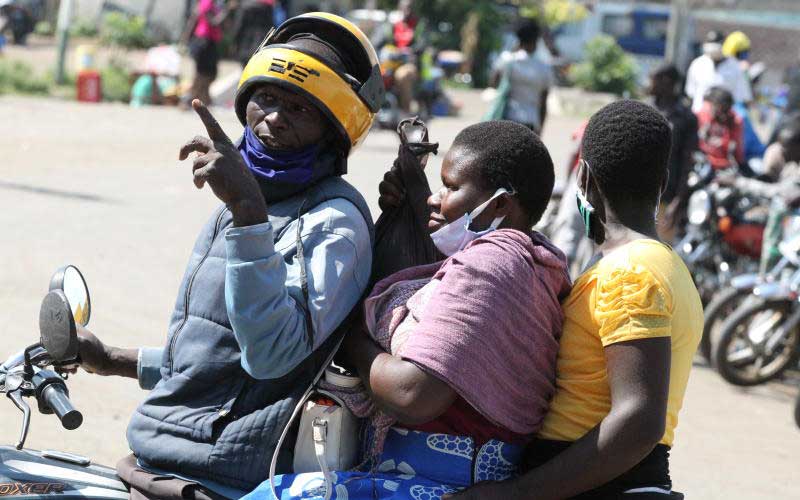×
The Standard e-Paper
Stay Informed, Even Offline

Residents of Sori beach, Nyatike Sub-County, Migori County go about their business as usual with little regard to virus containment measures. [Jonah Onyango, Standard]
The coronavirus pandemic has affected nearly every country in the world and Kenya is no exception. As of yesterday, there were 2,767 confirmed cases of the disease locally.